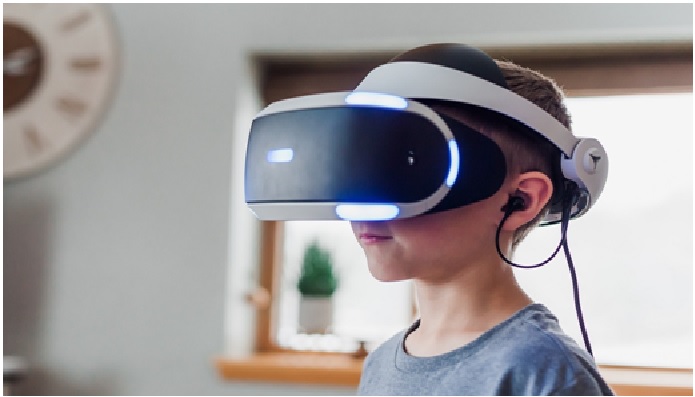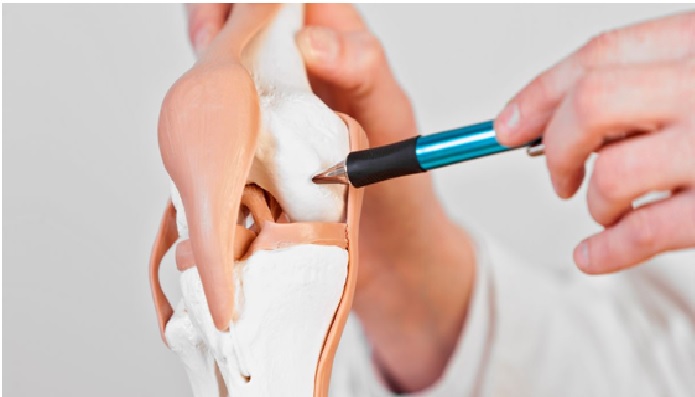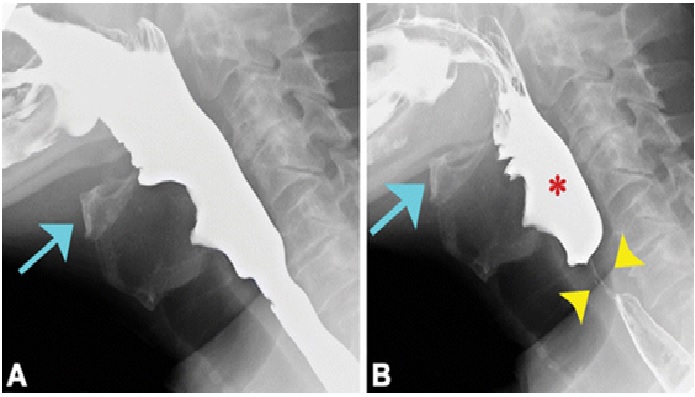Virtual Reality App Treatment Shows Success in Reducing Common Phobias
A virtual reality application trial conducted by the University of Otago, New Zealand, has shown promising results in reducing common phobias in participants. As part of the trial, patients with phobia were studied using a headset and a smartphone application treatment programme. It consists of a combination of virtual reality (VR) 360-degree exposure therapy and cognitive behavioural therapy (CBT). The six-week randomised and controlled trial was conducted on 129 people from May 2021 to December 2021. [1]

Figure 1. Virtual Reality App Treatment Shows Success in Reducing Common Phobias
Figure 1 shows all the participants were aged between 18 and 64 years and were afraid of heights, flying, needles, spiders, or dogs. They were made to download a fully self-guided smartphone application named oVRcome as part of the trial. The application offered an immersive experience to patients by pairing up with a headset.
“The oVRcome app involves what's called “exposure therapy”, a form of CBT exposing participants to their specific phobias in short bursts, to build up their tolerance to the phobia in a clinically-approved and controlled way. [2]
"Some participants reported significant progress in overcoming their phobias after the trial period, with one feeling confident enough to now book an overseas family holiday, another lining up for a Covid vaccine and another reporting they now felt confident not only knowing there was a spider in the house but that they could possibly remove it themselves."
The app programme consisted of standard CBT components including psychoeducation, relaxation, mindfulness, cognitive techniques, exposure through VR, and a relapse prevention model. Participants were able to select their own exposure levels to their particular phobia from a large library of VR videos. [3]
That was indicated in the way people reported the severity of their phobia both immediately after the program concluded, and again another six weeks later. At the beginning of the trial participants averaged 26 out of 40 on the scale, indicating a moderate to severe phobia. After the program, that number reduced to seven and stayed there. [4]
References:
- https://m.thelocalreport.in/virtual-reality-app-treatment-shows-success-in-reducing-common-phobias-study-shows/
- https://gadgets360.com/science/news/virtual-reality-app-vr-reduce-common-phobia-ovrcome-self-treatment-trial-success-3157524
- https://www.sciencedaily.com/releases/2022/07/220714091118.htm
- https://www.theguardian.com/world/2022/jul/13/no-fear-the-new-zealand-virtual-reality-app-helping-conquer-phobias
Cite this article:
Thanusri swetha J (2022), Virtual Reality App Treatment Shows Success in Reducing Common Phobias, AnaTechMaz, pp.149















